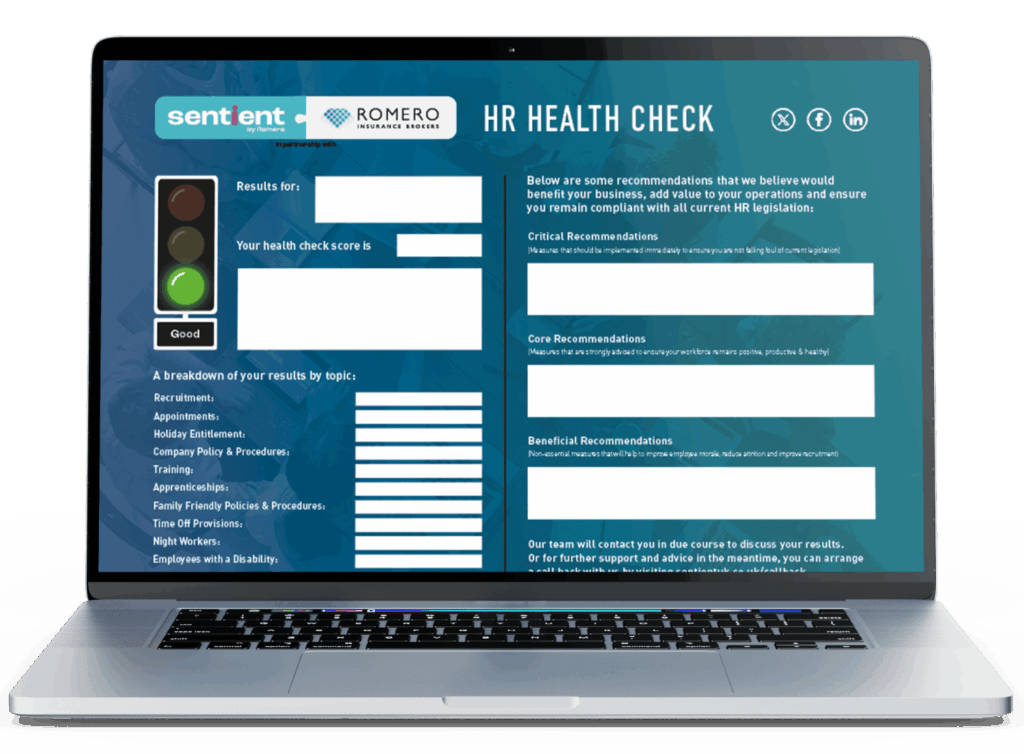Zero Hour Contacts – This is 1 of 9 amendments made by the 2025 Employment Rights Bill
The Employment Rights Bill will offer more rights to Zero Hours workers
The Employment Rights Bill has received a list of recent amendments. From zero hour contracts to confidentiality clauses, many aspects of employment and payment conditions are expected to change. Employers need to fully understand the regulatory changes to their obligations to members of staff, and as to not breach employment law.
Importantly, zero hour contracts will see a swathe of changes to help improve the security and predictability of jobs for workers. The government effectively wants to end zero hour contracts which they see as exploitative and inflexible. This change is predicted to be enforced in 2027, so employers have time to restructure and adjust their worker’s contacts.
There are many benefits afforded to workers through the change to zero hours contracts. Zero hour contracts offer no guarantee of future work, employers are able to cancel shifts last minute, uncertainty permanently affects employee wellbeing. Better clarification of hours and shift patterns will allow more organisation around transport, care responsibilities and family commitments. It should also push employers to be better organised and improve standards.
What are the current rules around Zero Hour Contracts?
A zero hour contracts allows the business determine the number of hours they want to offer the work, with no obligation to increase the hours. Neither are employees required to take on more hours. Zero hours contracts are useful where work demands are irregular or where there is not a constant demand for staff. Seasonal work, sickness leave and cover, tests or events are great examples of where zero hours contracts are ideal.
Zero hour works are entitled to statutory employment rights; these being minimum wage, annual leave and regular breaks. Contracts should be clear and transparent and should not be used by businesses as an alternative to proper business planning or commitments. Those who take up work on a zero hour contract are often students, retirees or carers.
The key changes to Zero Hour Contract rights
Guaranteed Hours
Employers will be obligated to offer zero hour workers guaranteed hours. This must be the same as the regular amount of hours they work over a set period – the predicted period is 12 weeks. Individuals can reject the offered hours if they so wish, and remain on zero hours contracts.
Shift Notice
Employers must give workers reasonable notice prior to their shifts. What is and what isn’t reasonable notice will be determined by upcoming Government regulation and an employment tribunal were the employee to make a claim.
An employee may be able to make a claim against their employers if shifts have been scheduled at late notice and they deem it unreasonable.
Compensation payments
The Bill introduces a new right that employers will need to be acutely aware of. Employees will now have a right to claim payment for any shifts or work that has been cancelled or rescheduled at extreme last notice. Therefore, if employers curtail a worker’s shift, they will still have to pay the worker.
Application for Agencies
The are many different circumstances which will need to be considered including the role of agencies. The agency and the hirer will be responsible for providing work for the employee. The agency will have to pay the employee a short notice payment if work is cancelled or changed at short notice – they will then need to take it upon themselves to recoup the costs from the business.
Who will be affected by these changes?
There are approximately 1.03 million zero hour workers, and 34% of UK workers are living pay-check to pay-check. These changes to zero hour contacts should help out the thousand of workers who would prefer to be guaranteed work and yet remain flexible around their children and care commitments. However, the Government understands the necessity of zero hour contracts for certain individuals, and therefore have permitted them to remain if the employee wishes to turn down guaranteed hours.
Learn more about Employment Law
There are 9 key areas of Employment Law that have been affected by the 2025 Employment Rights Bill.
Each of these areas are critical and will need to be addressed by employers. Employers need to understand their obligations and be careful not to unduly act in any way which could be observed as discriminatory. Employers will need to update their documentation and contracts that directly relate to the changes
To read more about your lawful obligations, Romero Insurance have refined and condensed the Government’s published information into a helpful whitepaper document. The Employment Law Whitepaper by Romero Insurance layout what employers and business leaders need to know about employment law.
Let us review your Employment Risk and Documentation

Contact us to take the HR health check. A HR health check will review your processes and documentation, and provide tailored guidance. The Health Check is conducted by our partners at Sentient, who are a HR outsourcing service and health and safety experts.
Our partners at Sentient will come back to you within 5 working days with a detailed overview of how you can improve your HR function and support your team. This free health check will grade your current practices with a traffic light system, showing the robustness of your HR procedures. Sentient is available for any business of any size who want to update their policies and procedures in time for Employment Law regulation changes.

